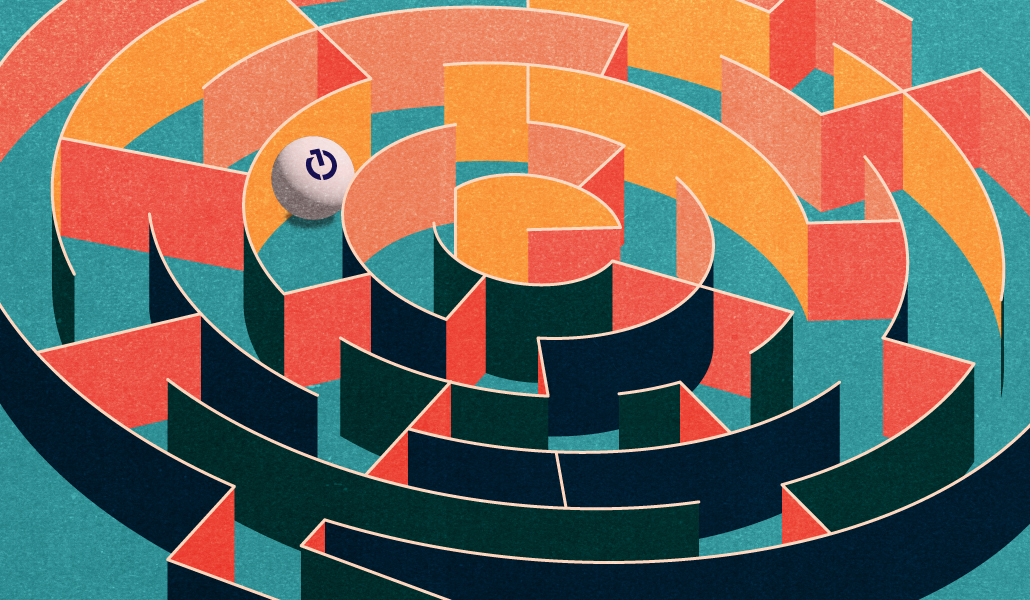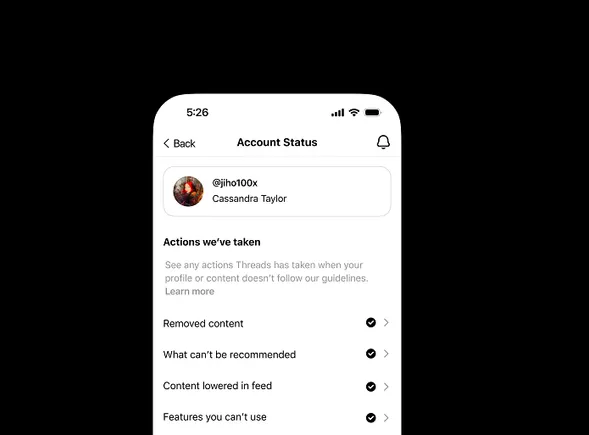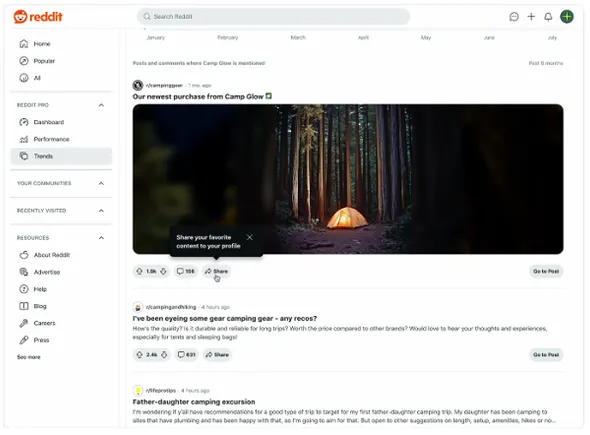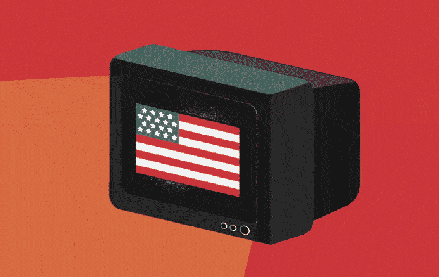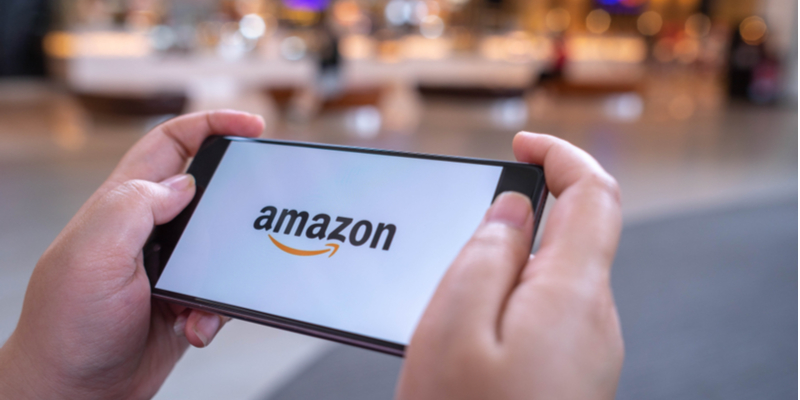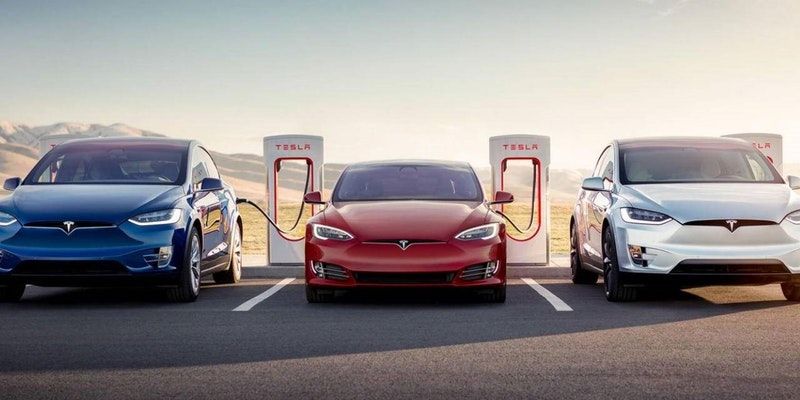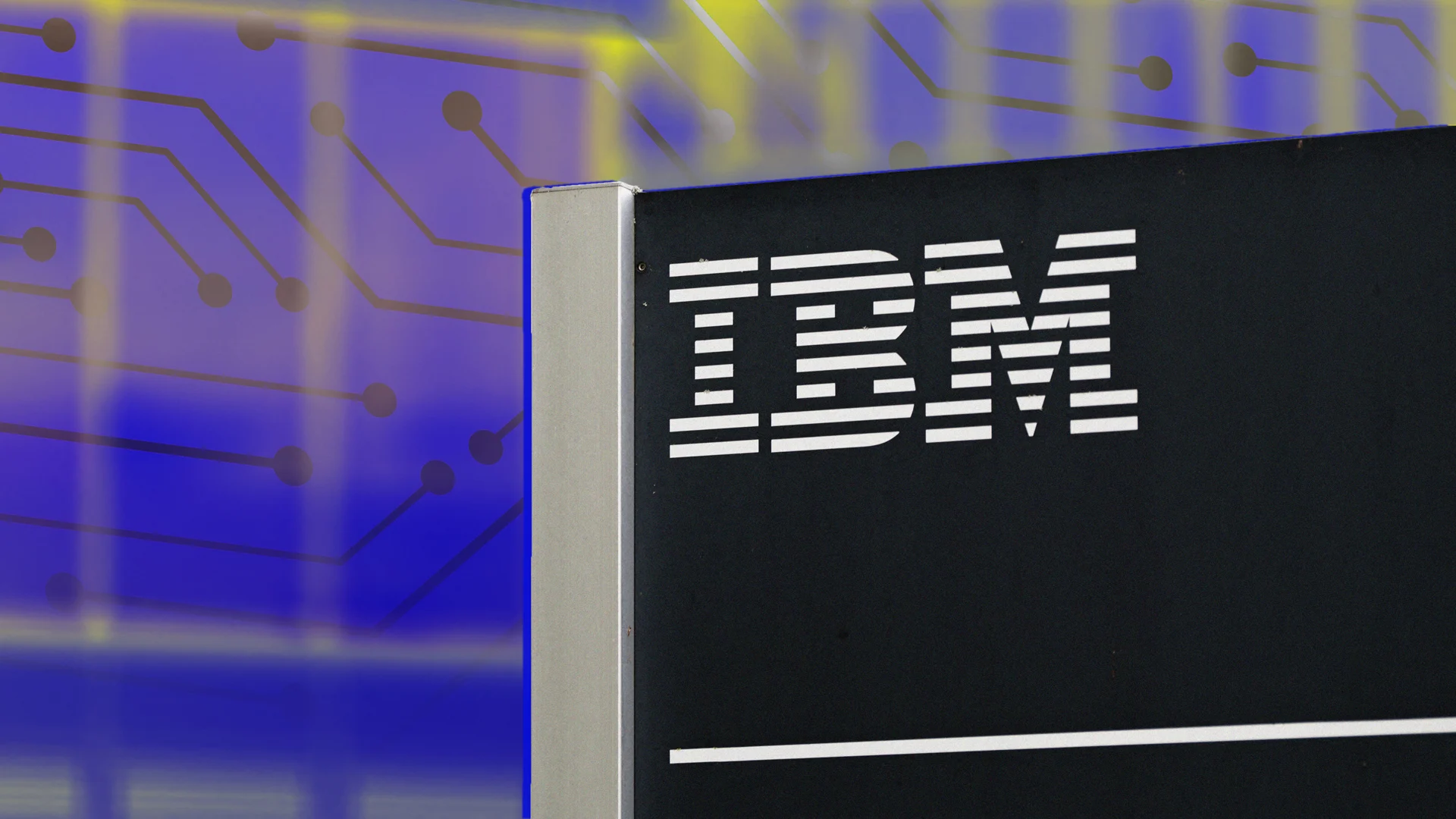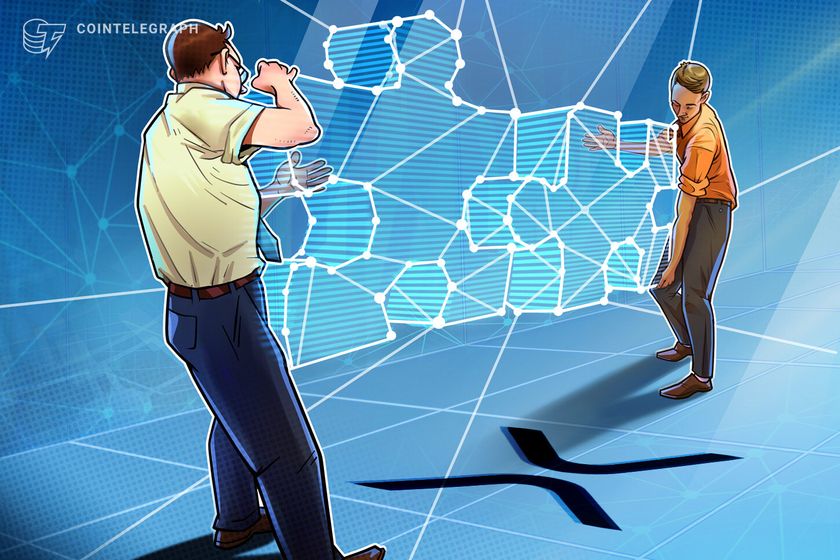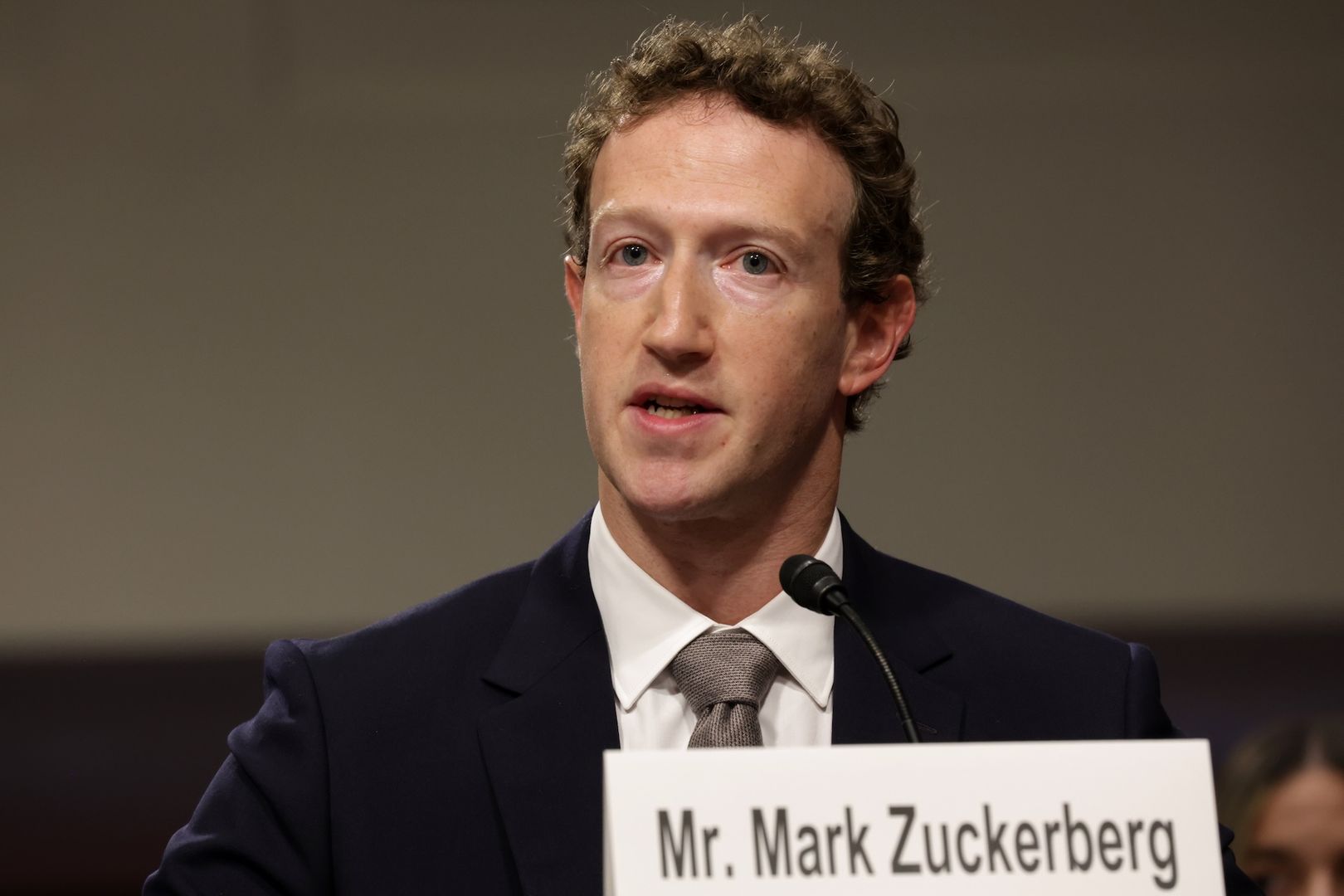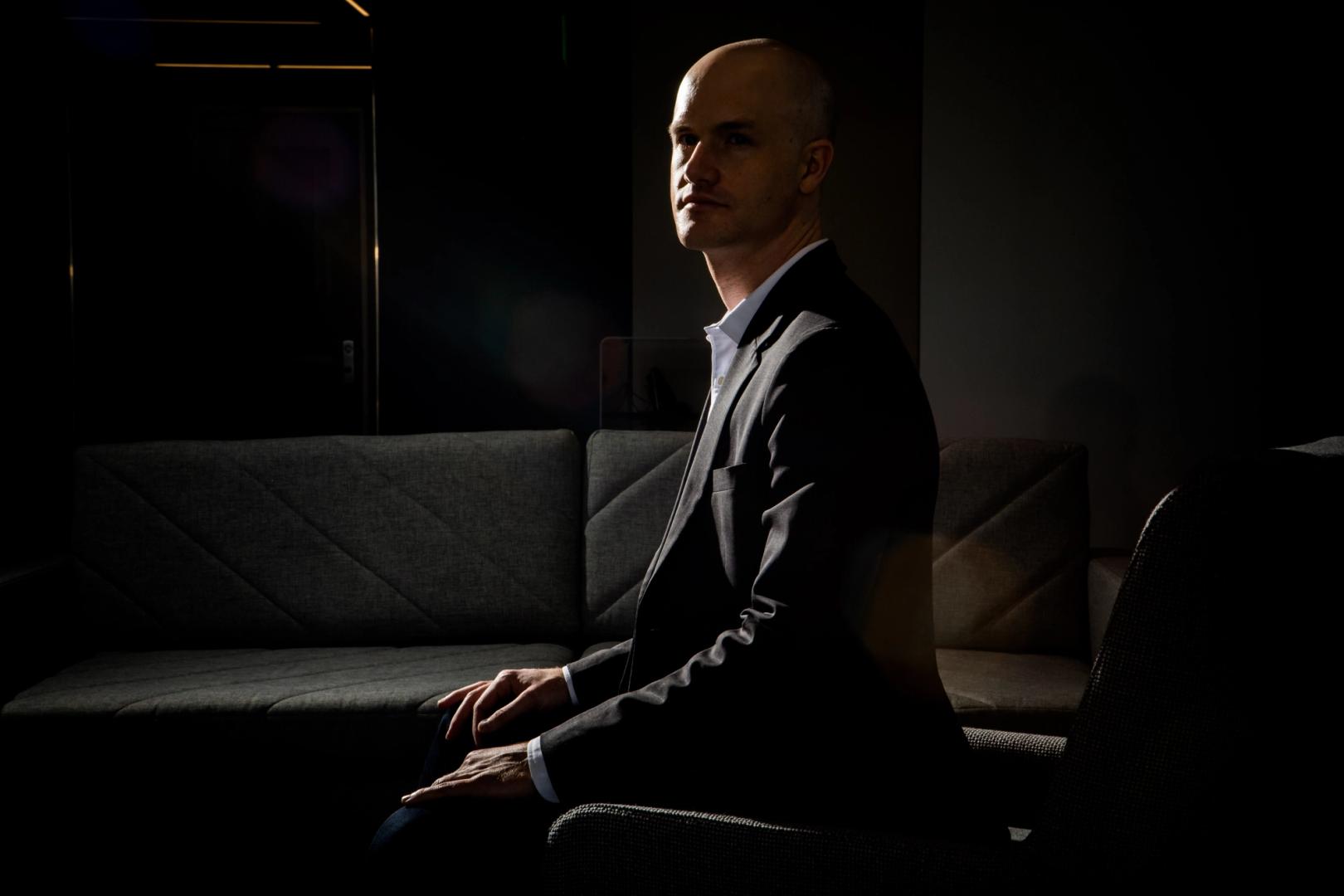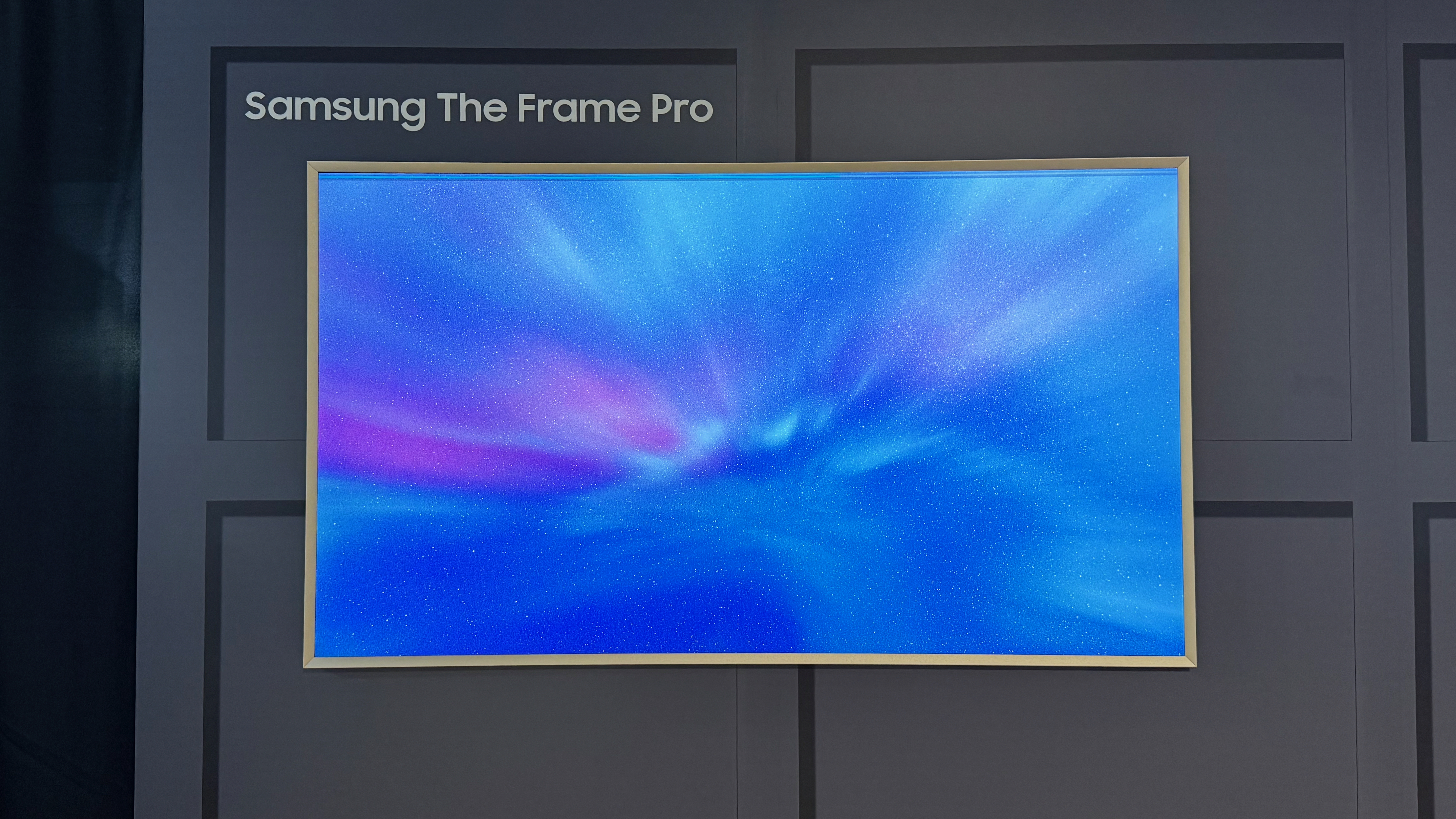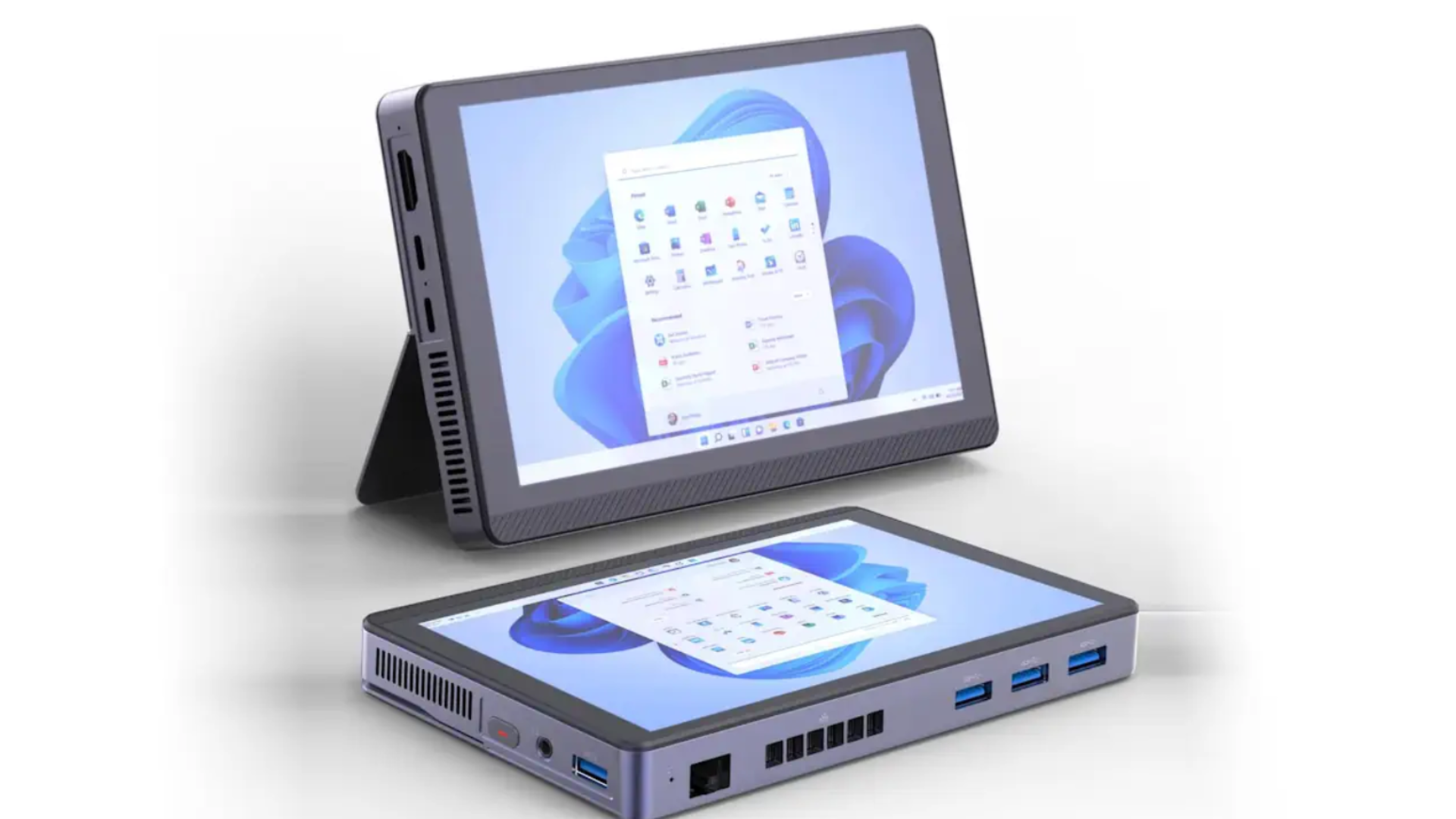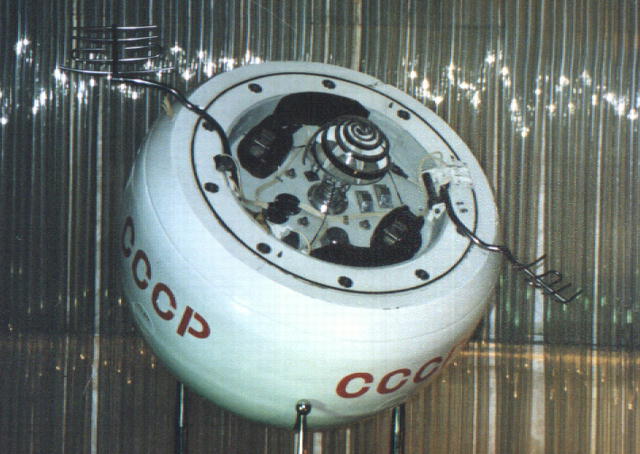I love my iPhone too much to give it up in 10 years, even if Eddy Cue says that might be the future
Even AI can't break this bond
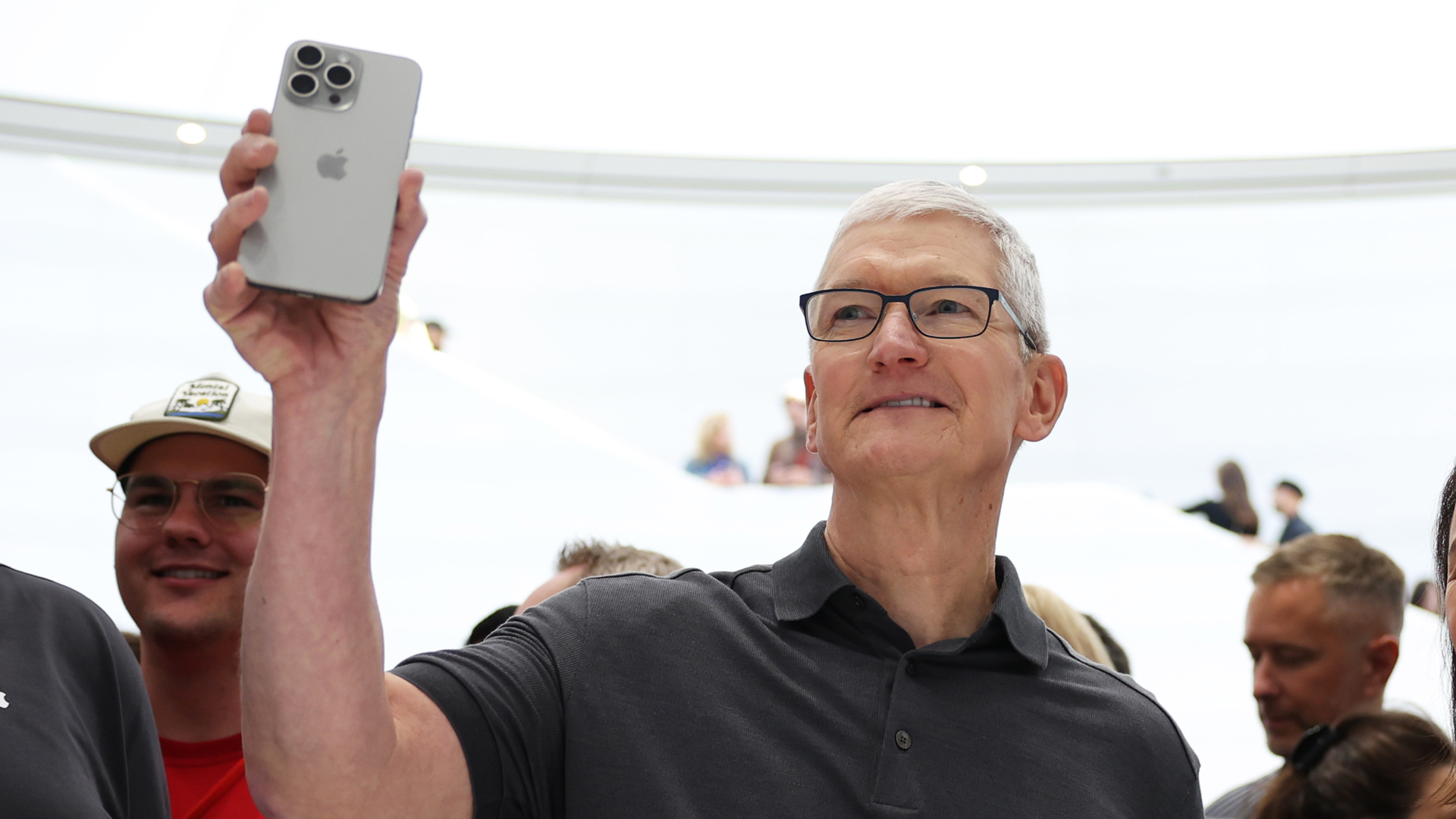
Experts predict that by 2035, AI will have remade society, altering everything from healthcare to jobs and human interaction, and, if you believe Apple's Senior Vice President of Services, Eddy Cue, it might also signal the end of our deepest tech relationship: the one we have with our iPhone.
In testimony during the US Department of Justice's antitrust case against Google parent Alphabet, Cue, according to Bloomberg, shared this revelation: "You may not need an iPhone 10 years from now as crazy as it sounds."
Queue Apple CEO Tim Cook spittake. While Cook wipes the coffee from his MacBook screen, let's discuss.
I agree, that's crazy-talk from an Apple executive charged with expanding Apple Services far and wide, often with the iconic iPhone as the portal. However, Cue's comments came amid a larger discussion about the growing impact of AI and its place as a changemaker.
In the near term, it's meant Apple is reportedly now looking at the possibility of shifting Google from its prime spot as the default search engine for iPhones, iPads, and Macs in Safari. The replacement? Possibly an AI search engine.
This makes sense. We're already seeing people replace traditional search results and their endless pages of useful blue links with summaries from Google AI Overviews, Perplexity, ChatGPT, Copilot, etc. They may not all be accurate, but they are, it seems, good enough for most people.
This doesn't add up
I have trouble, though, squaring Cue's contention that we might not need the iPhone and (by extension) other smartphones in a decade. It's almost like he said it to signal, "Hey, we're all under threat from the rapid expansion of AI, even Apple's most profitable business segment [iPhone accounted for almost half the $95B Apple made last quarter], so when you think about – just spitballing here – monopolies and closed systems in any sector, don't look at us. We might be fighting for our lives by 2035."
Think about your relationship with your iPhone or Android. It's deep. It's personal. You hold it and cradle it like a loved one
AI is a fantastic tool, but it won't be floating in the ether 10 years from now. Artificial Intelligence, large language models (LLMs), and interfaces (text or voice) must live somewhere. We've already seen that most people are not interested in wearable AI. They still want screens, preferably ones that fit in their pockets, backpacks, or bags.
We won't walk around a city shouting prompts into space, hoping that a local AI beacon hears us and responds. Will we?
The love of your life
Leaving aside AI for a second, just stop and think about your relationship with your iPhone or Android. It's deep. It's personal. You hold it and cradle it like a loved one – you certainly stare at your phone screen longer than you hold any other human's gaze. Is that relationship going to be any different in 10 years?
I highly doubt we'll put all our critical information somewhere else – all those apps, services, and digital currency, we need them at our fingertips. What will you tap to pay if not your phone? Okay, maybe your watch, but the phone will still be in your hand in 2035, and I bet you'll still be using it.
It's possible that Cue is trying to tell us something else, and this speaks to Apple's other long-term strategy: AR glasses.
What about wearables?
We know Tim Cook loves augmented reality, and while the Vision Pro has not been the global hit Apple hoped for, lightweight AR glasses are certainly in Apple's strategic plan. Assuming they have a wide field of view interface, voice and gesture control, and the excellent Apple Intelligence AI we've been promised (a Siri that can finally compete with ChatGPT), they could be an iPhone replacement for many.
If, and it's a big if, Cue is really talking about Apple iGlasses, then the iPhone's loss of utility almost makes sense. But that's a big stretch. Making such a bold statement that we may not need iPhones in a decade is borderline irresponsible and assumes that AI will not only be ubiquitous but so good that we will no longer need hardware-based assistants.
I think AI will be better and smarter, but even more fraught. There may, by 2035, be such a massive backlash that half the population is anti-AI and refusing to use it in any form. The iPhone might be their primary tool for communicating, organizing, and spreading the good anti-AI word. Good luck ripping that device from their sweaty grips.

